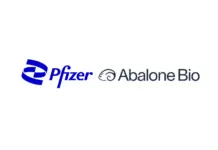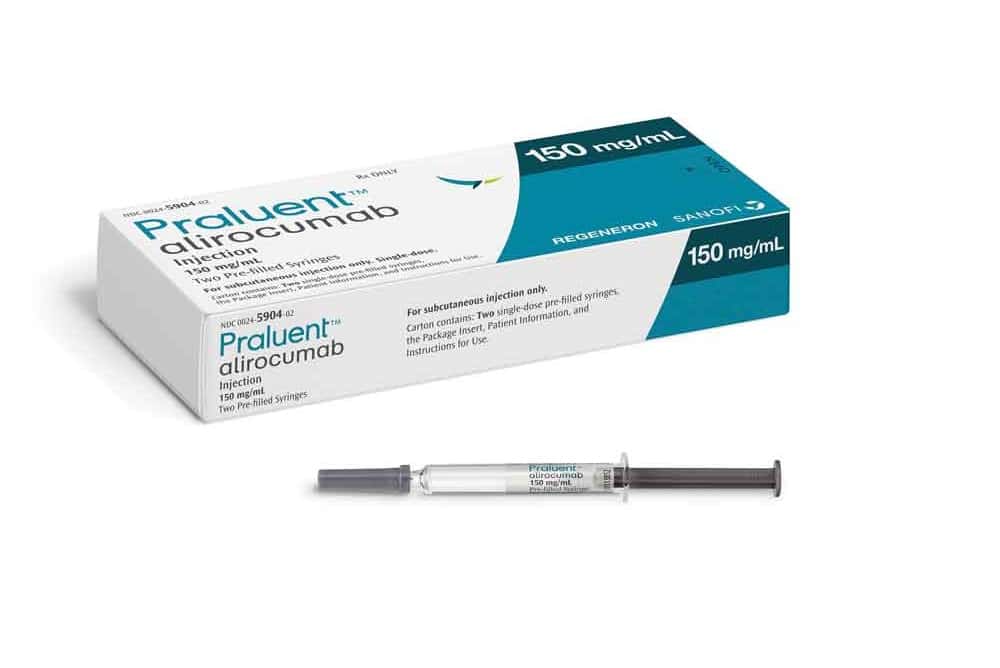Sanofi and Regeneron Pharmaceuticals, Inc. announced that the ODYSSEY OUTCOMES trial met its primary endpoint, showing Praluent® (alirocumab) significantly reduced the risk of major adverse cardiovascular events (MACE) in patients who had suffered a recent acute coronary syndrome (ACS) event such as a heart attack.
Results from the trial will be presented today during a late-breaker session at the American College of Cardiology’s 67th Annual Scientific Session (ACC.18) in Orlando, Florida.
Key findings include:
- On the primary endpoint, Praluent reduced the overall risk of MACE by 15% (HR=0.85, CI: 0.78-0.93, p=0.0003). The MACE composite endpoint includes patients who experienced a heart attack, ischemic stroke, death from coronary heart disease (CHD), or unstable angina requiring hospitalization.
- Praluent was also associated with a lower risk of death overall, known as “all-cause mortality” (HR=0.85; CI: 0.73-0.98, nominal p=0.026), and there were also numerically fewer CHD deaths (HR=0.92; CI: 0.76-1.11, p=0.38).
- In a pre-specified analysis, the patients with baseline LDL-C levels at or above 100 mg/dL experienced a more pronounced effect from Praluent, reducing their risk of MACE by 24% (HR=0.76, CI: 0.65-0.87). In a post-hoc analysis of this group, Praluent was associated with a lower risk of death from any cause by 29% (HR=0.71, CI: 0.56-0.90).
- The analyses described above include the results from 730 patients (8%) in the Praluent group who continued to be assessed in the Praluent arm despite stopping active Praluent therapy, as specified in the protocol for patients with persistent LDL-C readings below 15 mg/dL.
- For those in the Praluent treatment arm, approximately 75% of patient time was on the 75 mg dose.
- There were no new safety signals in the trial, with injection site reactions experienced more commonly in the Praluent group compared to patients on maximally-tolerated statins alone (3.8% Praluent; 2.1% placebo). There was no difference in neurocognitive events (1.5% Praluent; 1.8% placebo) or new-onset diabetes (9.6% Praluent; 10.1% placebo).
“This trial was consistent with earlier statin trials, showing the greatest benefit in patients with higher cholesterol levels at baseline,” said George D. Yancopoulos, M.D., Ph.D., President and Chief Scientific Officer, Regeneron. “Many patients who have survived a recent heart attack or other coronary event are unable to reach an LDL cholesterol goal of less than 100 mg/dL, and have an urgent need for new therapeutic options because of their increased risk of another event. In this trial, such patients who received Praluent on top of maximally-tolerated statins had important reductions in their risk.”
“Not all patients with heart disease are the same. Through this trial, we have been able to identify high-risk patients treated with optimal statins who still have an urgent need for additional treatment options,” said Elias Zerhouni, M.D., President, Global R&D, Sanofi. “With nearly 90 percent of the patients in this trial on high-intensity statins, the data demonstrate that a precision-medicine approach in the field of cardiovascular disease may further advance how we better treat high-risk patients.”





























